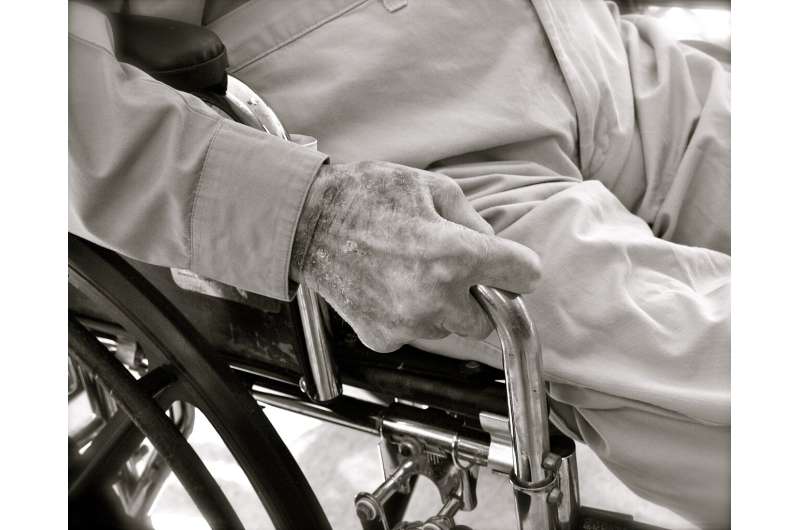
Regular screening for colorectal cancer—which current US guidelines advise beginning at age 45 for most people—is important for early cancer detection and treatment.
Guidelines recommend individualizing decision making about whether to continue colorectal cancer testing in adults older than 75 years, however, because there may be limited benefits and higher risks of complications in this age group.
A recent randomized clinical trial led by investigators at Massachusetts General Hospital (MGH), in collaboration with investigators at Maine Medical Center, and published in the Journal of General Internal Medicine has validated the usefulness of a strategy for increasing shared decision-making about colorectal cancer screening in older patients.
For the PRomoting InforMEd Decisions about Cancer Screening in Older Adults (PRIMED) study, physicians were assigned to Intervention and Comparator arms: 34 Intervention arm physicians completed a 2-hour online course in shared decision-making communication skills and received an electronic reminder of patients eligible for colorectal cancer testing shortly before a visit, while 33 Comparator arm physicians received reminders only.
A total of 466 patients, who were on average 79 years old, were seen by these physicians. Half of them rated their overall health as excellent or very good, and 66% had one or more prior colonoscopies.
After physician visits, patients were surveyed about the discussion of (1) stopping screening as an option, (2) reasons to screen, (3) reasons not to screen, and (4) patients’ screening preferences. Individual items were summed to generate a total score (0–4), with higher scores indicating greater shared decision making.
Patients in the Intervention arm had higher scores than in the Comparator arm. Also, more patients in the Intervention arm reported discussing colorectal cancer screening during their visit (72% vs. 60%) and had higher intention to follow through with their preferred approach (58.0% vs. 47.1%).
Knowledge about colorectal cancer/screening and visit satisfaction did not differ significantly between arms.
“Adults age 76-85, who as a group have a wide range of health statuses, run the risk of either being recommended to have cancer screening when it is no longer appropriate for them, or not being offered a screening test simply because of their advanced age. They deserve an opportunity to have a high-quality conversation about their options,” says co-senior author Leigh H. Simmons, MD, an internal medicine specialist at MGH.
“Patients treated by the doctors who completed the training were asked more often about their preferences for their treatment, and their doctors told them about more options for colorectal cancer screening plans, including stool-based tests, colonoscopies, and stopping testing altogether.”
Karen Sepucha, Ph.D., co-senior author of the paper and director of the Health Decision Sciences Center at Mass General adds that health systems and primary care practices should prioritize training for their physicians in shared decision-making. “The participating physicians enjoyed the course and were able to use the skills to improve their practice,” she says.
Source: Read Full Article


